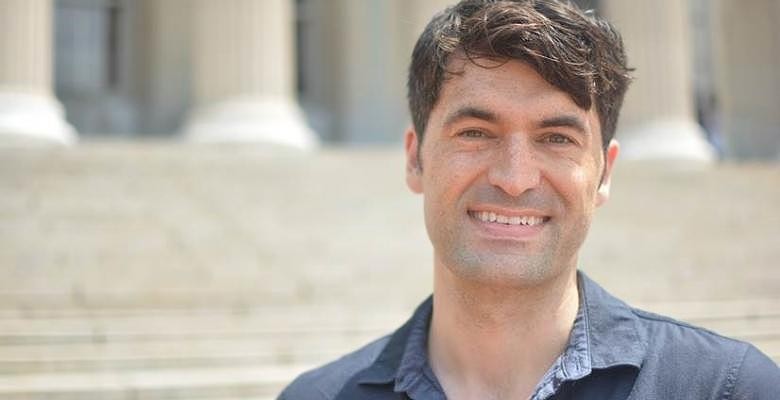There’s A 50-50 Chance We’re Living In A Simulation
The evidence is beginning to mount and now researchers are putting the odds that we're living in a simulation at 50%.
This article is more than 2 years old

Is the life we are living real or are we just living in a simulation? It’s not just a hypothetical but a question scientists are really asking. The evidence is beginning to mount and now researchers are putting the odds that we’re living in a simulation at 50%.
The debate over whether we, as human beings, are actually living in a simulation has been ongoing for many years. The discussion has been intense, with some producing mathematical and experiential proof that we are indeed living our lives in a simulation.
In 2003, the University of Oxford philosopher Nick Bostrom revealed that in his mind, our reality is actually a computer simulation that has been dreamed up by a highly advanced civilization. In his abstract, taken from The Philosophical Quarterly, Bostrom states these three arguments, which he says he argues that at least one is definitely true.
- the human species is very likely to become extinct before reaching a ‘posthuman’ stage;
- any posthuman civilization is extremely unlikely to run a significant number of simulations of its evolutionary history (or variations thereof)
- we are almost certainly living in a computer simulation.
Bostrom concluded with this: “It follows that the belief that there is a significant chance that we shall one day become posthumans who run ancestor‐simulations is false unless we are currently living in a simulation.”
CALCULATING THE ODDS WE’RE IN A SIMULATION

David Kipping is a Columbia University astronomer and he has been recently taking a hard look at what Bostrom proposed some 17-years ago. Those aged, but still relevant, propositions are now known as Bostrom’s trilemma. They’ve had Kipping mulling over the reality of Bostrom’s abstract. His conclusion? There is a 50-50 chance that we are indeed living in a simulation.
To get to this result, Kipping took Bostrom’s first two arguments of the trilemma and turned it into a dilemma. By combining the first two, his conclusion ended in the same result, the same outcome. We are not living in a simulation.
To get to this conclusion, Kipping used what is known as Bayesian reasoning. In layman’s terms (hopefully) the reasoning is named after the 18th-century English statistician and minister Thomas Bayes. Under his theorem, one can calculate the odds of something happening first by making assumptions about what is being analyzed. So combining the first two of Bostrom’s arguments, Kipping pit the physical versus the simulation.
He told the Scientific American, “You just assign a prior probability to each of these models,” Kipping says. “We just assume the principle of indifference, which is the default assumption when you don’t have any data or leanings either way.” In this aspect, each of the hypotheses receives one-half probability. A coin flip.
Kipping went on to further break down how he came to his 50-50 conclusion by delving into murky waters with parous realities and nulliparous realities. It was deep stuff. Again, his conclusion landed at 50-50. The chance that we are living in a base reality versus a simulation reality are virtually identical, with the odds in favor of base reality by a fraction.
Kipping did go on to add, “You can just exclude that [hypothesis] right off the bat. Then you are only left with the simulation hypothesis. The day we invent that technology, it flips the odds from a little bit better than 50–50 that we are real to almost certainly we are not real, according to these calculations. It’d be a very strange celebration of our genius that day.”
IS 50-50 RIGHT?
Bostrom was not happy with the way Kipping assigned equal probabilities to both the physical and simulation to begin his analysis. “The invocation of the principle of indifference here is rather shaky,” he says via the Scientific American. “One could equally well invoke it over my original three alternatives, which would then give them one-third chance each. Or one could carve up the possibility space in some other manner and get any result one wishes.”
So, what does this all mean? Do we have a unanimous conclusion? It means we are still guessing. There are still quite a few out there, heavy hitters when it comes to simulation versus reality, who believe that life as we know it is being controlled by a much more advanced civilization.

Kipping did finish with this thought, one that somehow goes against his 50-50 claim. “It’s arguably not testable as to whether we live in a simulation or not,” Kipping said. “If it’s not falsifiable, then how can you claim it’s really science?”
If life truly is a simulation, we could all use a 2020 reboot.












